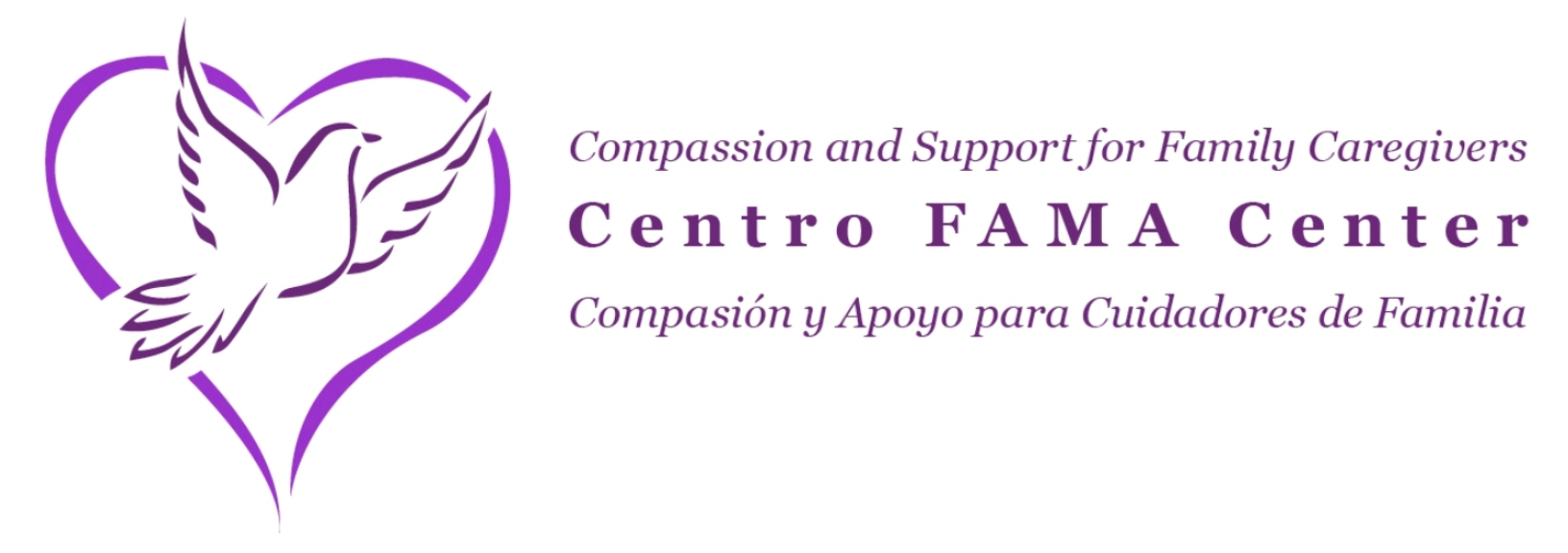
News & Resources
Updated: March 11, 2021
Safety of COVID-19 Vaccines
- COVID-19 vaccines are safe and effective.
- Millions of people in the United States have received COVID-19 vaccines under the most intense safety monitoring in U.S. history.
- CDC recommends you get a COVID-19 vaccine as soon as you are eligible.
Read the CDC latest information about the safety of COVID-19 vaccines.
https://www.cdc.gov/coronavirus/2019-ncov/vaccines/safety/safety-of-vaccines.html
Help stop the pandemic by getting vaccinated
What we know
Studies show that COVID-19 vaccines are effective at keeping you from getting COVID-19. Getting a COVID-19 vaccine will also help keep you from getting seriously ill even if you do get COVID-19.
COVID-19 vaccination is an important tool to help us get back to normal.
Read Key Things to Know from the CDC:
https://www.cdc.gov/coronavirus/2019-ncov/vaccines/keythingstoknow.html
September is National Suicide Awareness Month
Suicide Prevention Month is a time to remember there are many ways to find support…it does not have to be a phone call to a suicide hotline. It may be difficult to acknowledge that we need help. It is a sign of strength to ask for help. Know that you have the courage to make that call, text a crisis counselor or click on the link below. If you are not sure where to begin, call your doctor. There is no question that your loved ones will support and respect your decision. You are loved. You matter a great deal. You are not alone.
Call 911 if you or someone you know is in immediate danger or go to the nearest emergency
room.
National Suicide Prevention Lifeline: 1-800-273-8255 En Español 1-888-628-9454
Trained crisis workers are available to talk 24/7/365.
Text “HELLO” to 741741 in the United States to be connected to a Crisis Counselor over text message.
Veteran’s Crisis Line: 1-800-273.8255 Press 1
Disaster Distress Helpline: 1-800-985-5990 or text "TalkWithUs" to 66746
Visit https://go.usa.gov/xftYC
During Pandemic, We Can All Help Keep Children Safe
Any home can become abusive during extreme stress. All parents love their children but, parents are human so they are fearful and anxious during this pandemic. Children's lives have become chaotic so they need even more support and a safe environment. There are resources to help parents stay positive and supportive. Parents can also search online for educational activities.
If you suspect child abuse or neglect, don’t be afraid to call the authorities and report it. Trust your instinct. Protecting children is more important than minding your own business.
National Child Abuse Hotline
1-800-4-A-CHILD
(1-800-422-4453)
Childhelp Website
Parent Information and Phone Number
Positive parenting resources:
American Society for the Positive Support of Children
Empowering Families to Nurture and Protect Children
Read this article about how to protect our children We can all help keep kids safe
The Childhelp National Child Abuse Hotline is dedicated to the prevention of child abuse. Serving the U.S. and Canada, the hotline is staffed 24 hours a day, 7 days a week with professional crisis counselors who—through interpreters—provide assistance in over 170 languages. The hotline offers crisis intervention, information, and referrals to thousands of emergency, social service, and support resources. All calls are confidential. Childhelp Website
COVID-19 Tips for Mindfulness & Coping with Anxiety
Kristin Lohman discusses managing anxiety by practicing mindfulness and meditation.
"There are many strategies to manage anxiety," Lothman says. "I recommend developing a self-care practice. Elements of that could include journaling, exercise, yoga, meditation and prayer."
Stress and Coping during the COVID-19 outbreak from the CDC
Click the links below for guidance from the Center for Disease Control and Prevention (CDC).
COVID-19 Resource and Information Guide from the National Alliance on Mental Illness
Download the COVID-19 Resource and Information Guide
Click here for NAMI Updates NAMI Updates on the Coronavirus
Helpline 1-800-950-NAMI (6264) or info@nami.org
Monday through Friday, 10 am–6 pm, Eastern Time
Disaster Preparedness, Response and Recovery
Disaster Distresss Helpline 1-800-985-5990
Click here for more information about Disaster Preparedness
For information from the CDC Symptoms, Higher Risks, Social Distancing and Other Questions
10 apps to help you deal with stress and anxiety during COVID-19 outbreak
During Pandemic, There Are Options for Domestic Violence
According to the New York Times, self-isolation during the pandemic can be dangerous for those in abusive relationships. Resources are limited, but there are options.
No one should feel unsafe in their own home. Here are 3 tips:
1. If an argument breaks out, identify a safe place in the home away from the kitchen and
bathroom.
2. Seek out shelters or call hotlines and counselors; these are essential services.
3. Call a trusted friend; they can call a domestic hotline for you.
In an emergency, call 9-1-1.
National Domestic Violence Website Staying Safe During COVID-19
National Domestic Violence Hotline 1-800-799-7233
If you cannot speak safely, log into thehotline.org or text LOVEIS to 22522.
Read article Options for Domestic Violence During COVID-19
You are not alone.
The Stigma of Mental Illness
Breaking the Stigma and Shame of Mental Illness
Coping with Spina Bifida
A five-part blog series tells the personal story of a young mom, Amanda who has a baby with spina bifida. Her daughter, Alianna, now 6 years old has learned to live with spina bifida and her mom has learned to be a caregiver and a source of strength through her faith. This can be scary, but this story shows the courage of the mom and the potential of this little girl to have an active and fulfilling life. Click here to read the series of Amanda's inspiring story.
For a resource directory or more information about spina bifida, click here.
Photography credit to Brooke Modifica (https://lonibrookephotography.com)
New Alzheimer’s caregiving information in Spanish
Looking for Alzheimer’s caregiving information in Spanish? Check out Cómo cuidar a una persona con la enfermedad de Alzheimer: Una guía fácil de usar del Instituto Nacional Sobre el Envejecimiento. This new book from the National Institute on Aging at NIH has helpful tips on topics including: changes in behavior; wandering; healthy eating and exercise; and caregiver health. Copies are available to order for free on our website, or read the new Alzheimer’s caregiving information in Spanish online.
10 Things to Remember when Going through Tough Times
Patients Cared For By Female Doctors Fare Better Than Those Treated By Men
Please use audio to listen to a recent study published in the Journal of the American Medical Association (JAMA). Click here for the full text
Avoiding Caregiver Burnout
Change your mindset, change the game | Dr. Alia Crum |
Every Child Deserves a Great Childhood
April was first declared Child Abuse Prevention Month by presidential proclamation in 1983. Since then, April has been a time to acknowledge the importance of families and communities working together to prevent child abuse.
IF YOU THINK A CHILD IS IN IMMEDIATE DANGER, CALL THE POLICE.
What Makes A Good Life? Lessons from the Longest Study on Happiness
How to Stay Calm When You Know You Will Be Stressed
Your Brain is More than a Bag of Chemicals
#Giving Tuesday FAMA Caregiver Day
The FAMA Center is participating for the first time in Giving Tuesday on December 1, 2015. It is a global day dedicated to giving back to the community. It is a movement that celebrates and supports giving during the holiday shopping season. We are in our 4th year of providing bilingual information to families and we exist because there is a lack of online bilingual information to help caregivers be healthy. Our website visitors continue to grow and the enormous need for information is clear. We hope to make a positive impact on family health across the nation by supporting family caregivers. Please make a donation to help us continue our services in supporting caregivers at #GivingTuesdayFAMACaregiverDay
National Family Caregiver Month
November is National Family Caregiver Month. It was launched in 1994 with Clinton signing the first Proclamation in 1997. The theme for 2015 is Respite: Care for the Caregiver. The FAMA Center honors the estimated 45 million caregivers in the U.S. who are dedicated to their loved ones’ health and well-being. Most of us know at least one family caregiver who is amazing for what they do. Caregiving can be rewarding yet challenging, and too often, it diminishes the health of the caregiver. It is very difficult for most of us to ask for help. Please help a caregiver take a little time for themselves or ask if there is one thing you can do to help. Please feel free to share a brief story about a caregiver you know or your experience to post on our blog via info@famacenter.org
Children Deserve Healthy School Meals
The American Heart Association is excited to launch their second video highlighting a critical priority for lawmakers before the end of the year: keeping school meals healthy. Please watch this video with anyone and everyone you know who cares about giving our kids the healthy future they deserve. You're the Cure is the American Heart Association's campaign to reduce and eliminate cardiovascular disease and stroke. Join the nationwide movement in support of healthier communities and healthier lives.
Are You Ready for an Emergency?
September is Emergency Preparedness month. If disaster were to occur at his moment, do you have any of these: contact information, a safe place to meet your family, water, blankets, flashlight, first aid kit and other basic items? If so, you are somewhat ready. If not, visit http://www.ready.gov/ to find out how you can become ready.
American Heart Association’s Go Red Heart Match Connects Women in the Fight against Heart Disease
The facts are clear. Heart disease is the number one killer of women, affecting more than 42 million women in the United States. No woman should have to fight heart disease alone. Getting support against this often silent, hidden, and misunderstood killer just became easier with Go Red Heart Match. Heart Match is a free online program that connects women, allowing them to connect with a woman who truly understands their journey—the pain, the victories, and everything in between.
Visit www.GoRedForWomen.org/HeartMatch to learn more—because women don’t have to fight heart disease on their own.










